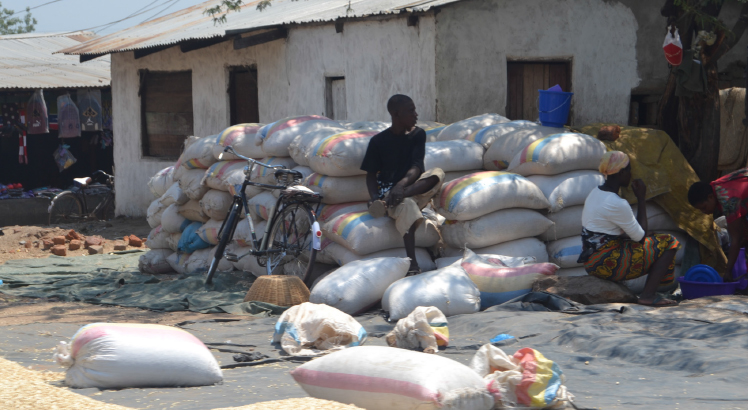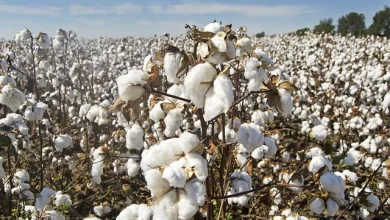Informal maize exports down 91%—FewsNet
Informal maize exports have declined by about 91 percent due to stricter border controls and rising domestic demand, the Famine and Early Warning Systems (FewsNet) has said.
However, grain traders argue the decline in informal exports, mostly into Tanzania through Mbirima and Songwe borders, has been necessitated by uncompetitive prices.

A FewsNet June 2023-January 2024 Food Security Outlook shows that between January to April 2023, informal maize exports declined to 5 475 metric tonnes (MT) from 54 665 MT during the same period last year.
On the other hand, informal maize imports also registered a slight drop of 22 percent at 8 874 MT from 10 622 MT during the review period.
Reads the report: “The decline in informal maize exports can be attributed to stricter border controls implemented by the government at the Northern Region borders of Songwe and Mbirima.
“Additionally, there has been increased demand for maize within Malawi which has reduced the quantity available for export.”
In May this year, Ministry of Trade and Industry imposed an export ban on soya beans, maize, groundnuts, pigeon peas, sunflower, sesame seeds, beans, sorghum, millet, cow peas and rice in line with the Customs and Excise (Amendment) Regulations.
In an interview, Ministry of Trade and Industry spiokesperson Mayeso Msokera said the Customs and Excise (Amendment) Regulations seeks to facilitate orderly trade and curb illicit export transactions.
“We noticed that some unscrupulous traders were engaging in undocumented trade and smuggling of agricultural produce without requisite documents,” he said.
Grain Traders Association of Malawi president Grace Mijiga Mhango said local maize prices cannot compete with maize from neighbouring countries.
She said in Mozambique, for instance, maize is selling at between $350 (about K372 000) and $400 (K425 000) per MT while in Kenya, the price ranges between $450 (K478 000 and $500 (K523 000) against Malawi’s $550 per MT.





